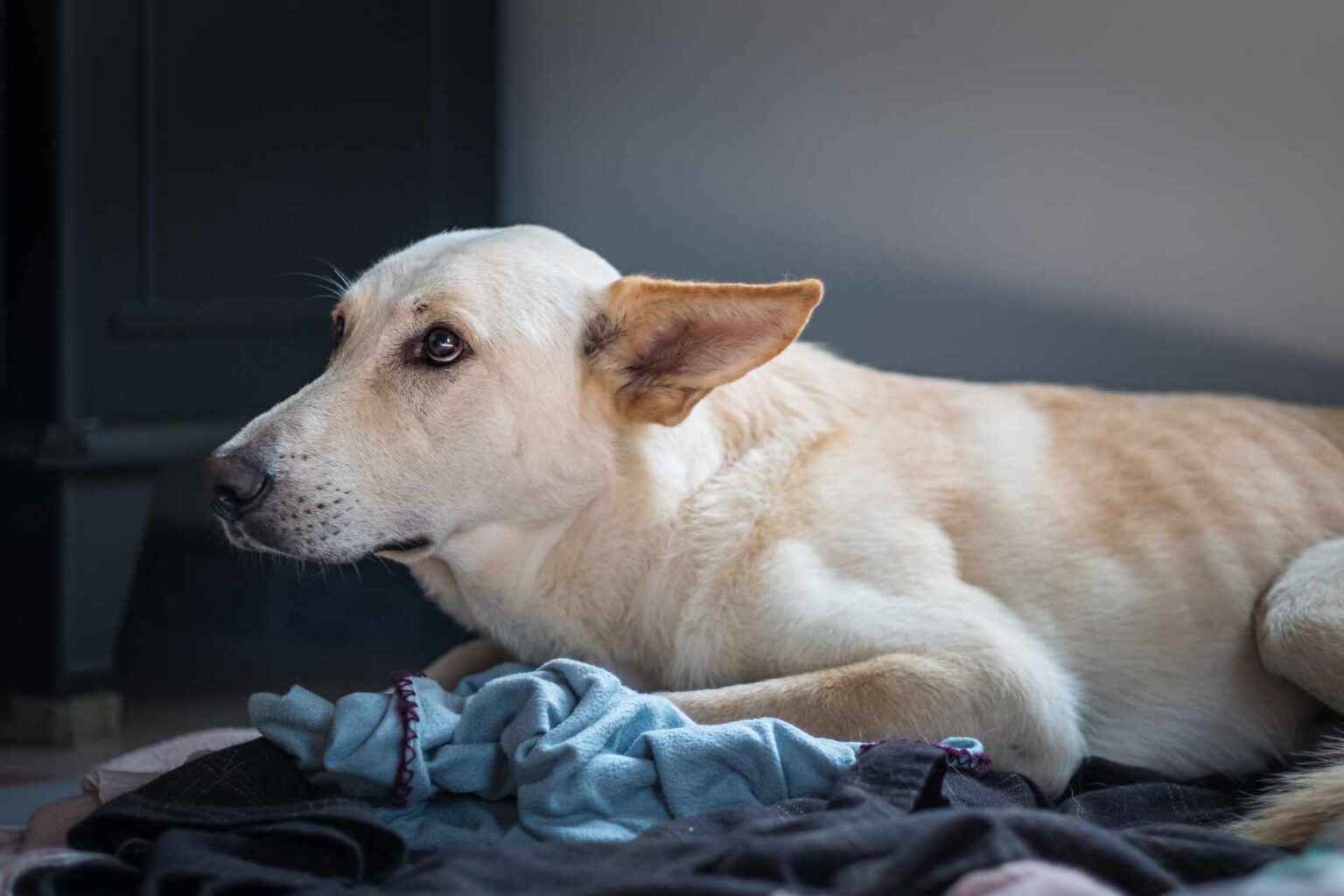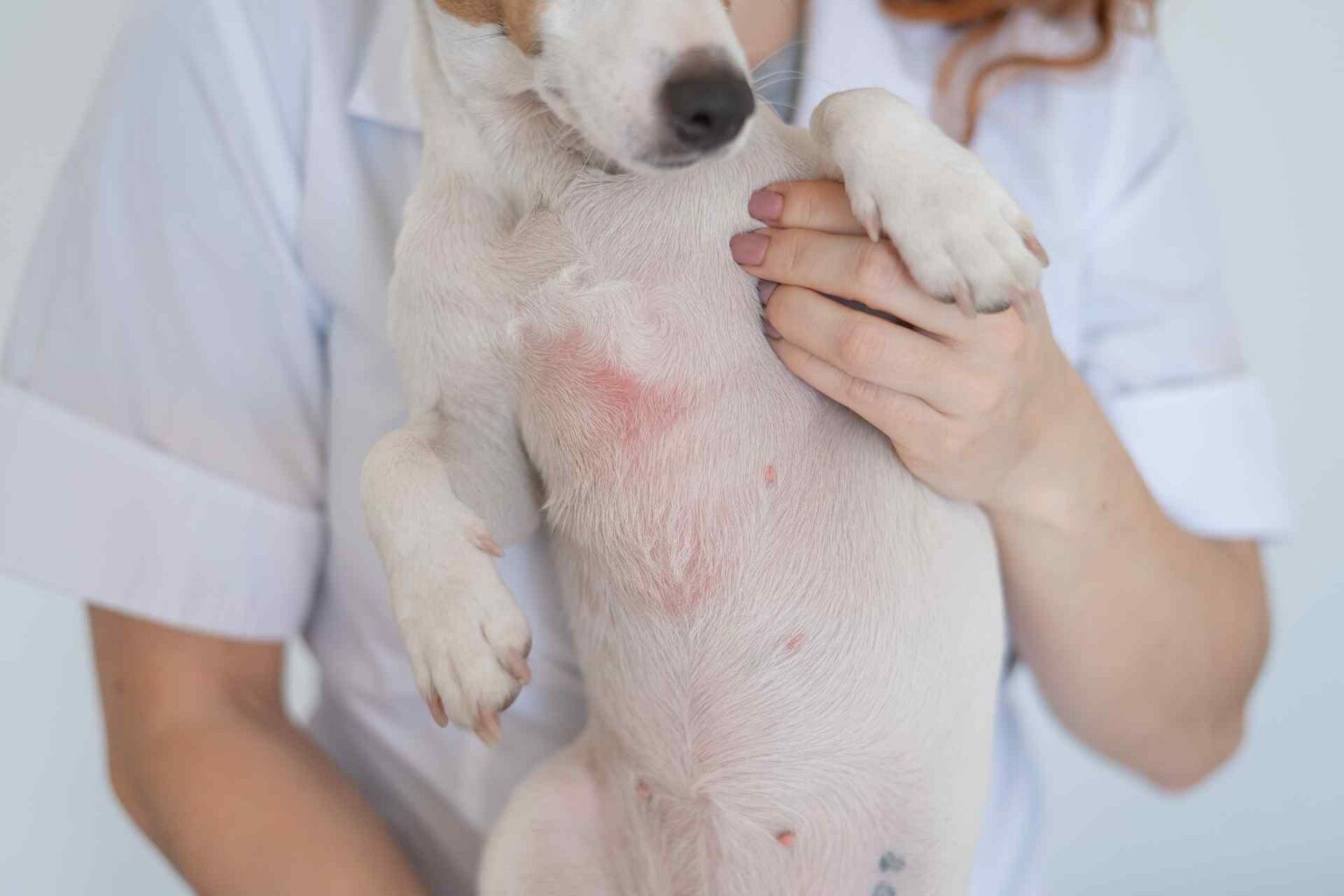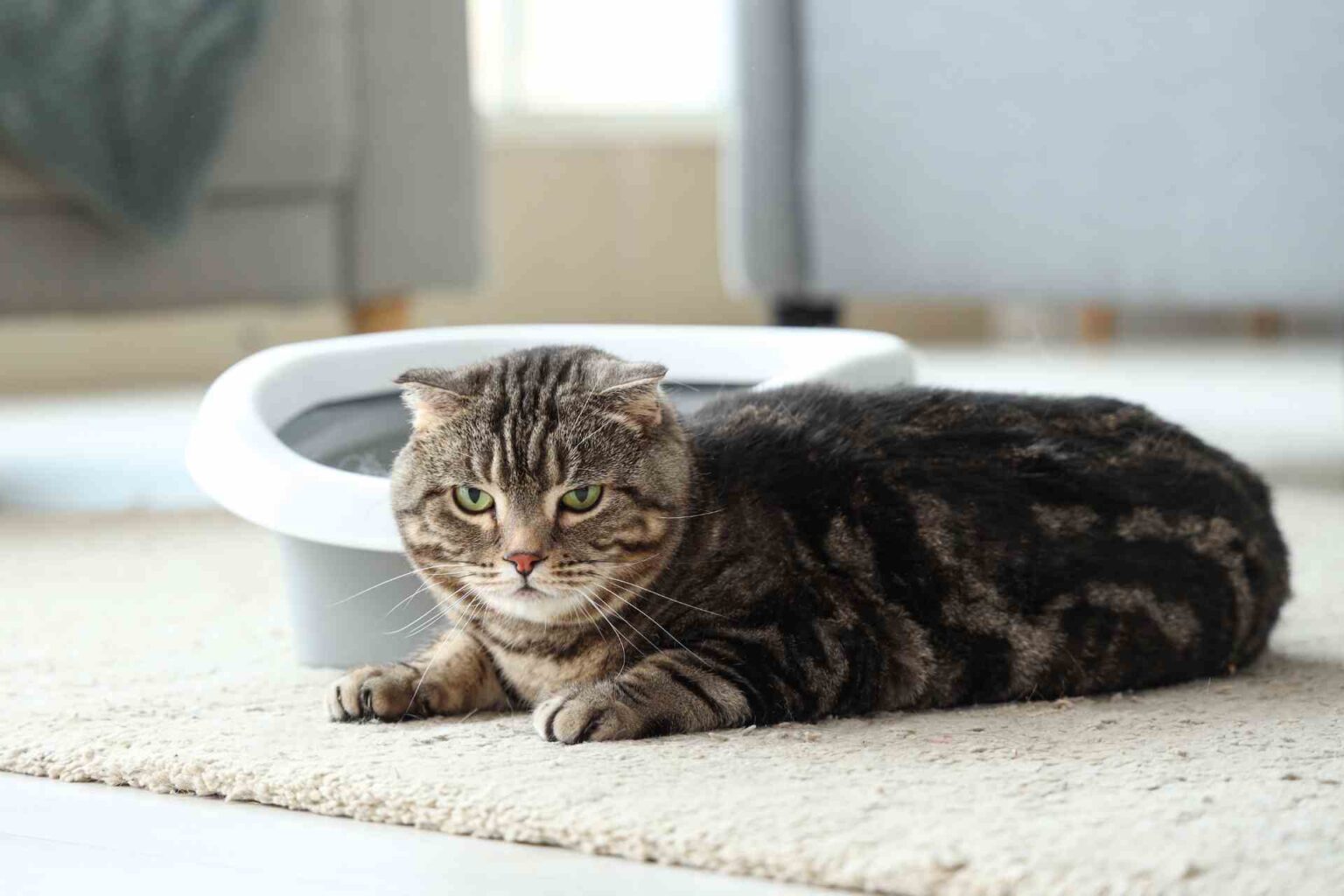What might be the best probiotic bacteria? This is a question that everyone involved in gastroenterology and beyond has asked. The Universities of Camerino and Teramo tried to answer the question by isolating and characterizing potential probiotic strains of Lactobacillus for canine use by screening and identifying specific bacteria from fecal samples of healthy dogs.
Research on the health benefits of probiotics in humans and animals is becoming increasingly consistent. In recent decades, the addition to animal diets of bacterial strains that could exert a beneficial effect on the gastrointestinal microbiota and, more generally, on the overall health of the host, has become of great interest to the scientific world. The control of intestinal pathogenic microorganisms in dogs is a growing concern, and the selection of native probiotic bacterial strains to overcome some of the intestinal problems associated with modern animal domestication is a valuable tool.
In this study fecal samples were from five healthy French Bouledogs; the bacterial strains were identified by morphological and molecular characterization by comparing the 16S rRNA gene sequence with the BLAST database.
They were then examined for their probiotic properties, including survival to gastric and pancreatic juices and bile salts, antibiotic resistance, and antipathogenicity.
Five of the 14 strains of Lactobacillus isolated were found to be tolerant to gastric stress, clindamycin, and to have significant antimicrobial capacity against the pathogenic strains tested, varying according to strain.
Three strains were identified as Lactobacillus reuteri and two as Lactobacillus johnsonii. L. reuteri was chosen as a candidate and underwent further testing such as resistance to freeze-drying, production and subsequent in vivo administration to assess the permanence of the strain.
No loss of viability was recorded as a result of the freeze-drying process.
The mean value of the recovery percentage of L. reuteri at the end of the administration period and after 1 week of follow-up was 267 and 174% of the total Lactobacillus sp., respectively.
In addition, it was recovered from the fecal samples of all dogs analyzed 21 days after consumption, confirming its permanence in the dog’s intestines.
The results suggest that L. reuteri can persist in the gut of dogs for more than 1 week after the feeding/administration period. Based on the results obtained, the L. reuteri bacterial strain possesses the desirable characteristics for a probiotic, and therefore its use in pet food, as an ingredient in functional foods or as a probiotic is appropriate.
Reference
M.M. Coman et al. 2019. Probiotic characterization of Lactobacillus isolates from canine faeces. Journal of Applied Microbiology ISSN 1364-5072 doi:10.1111/jam.14197











